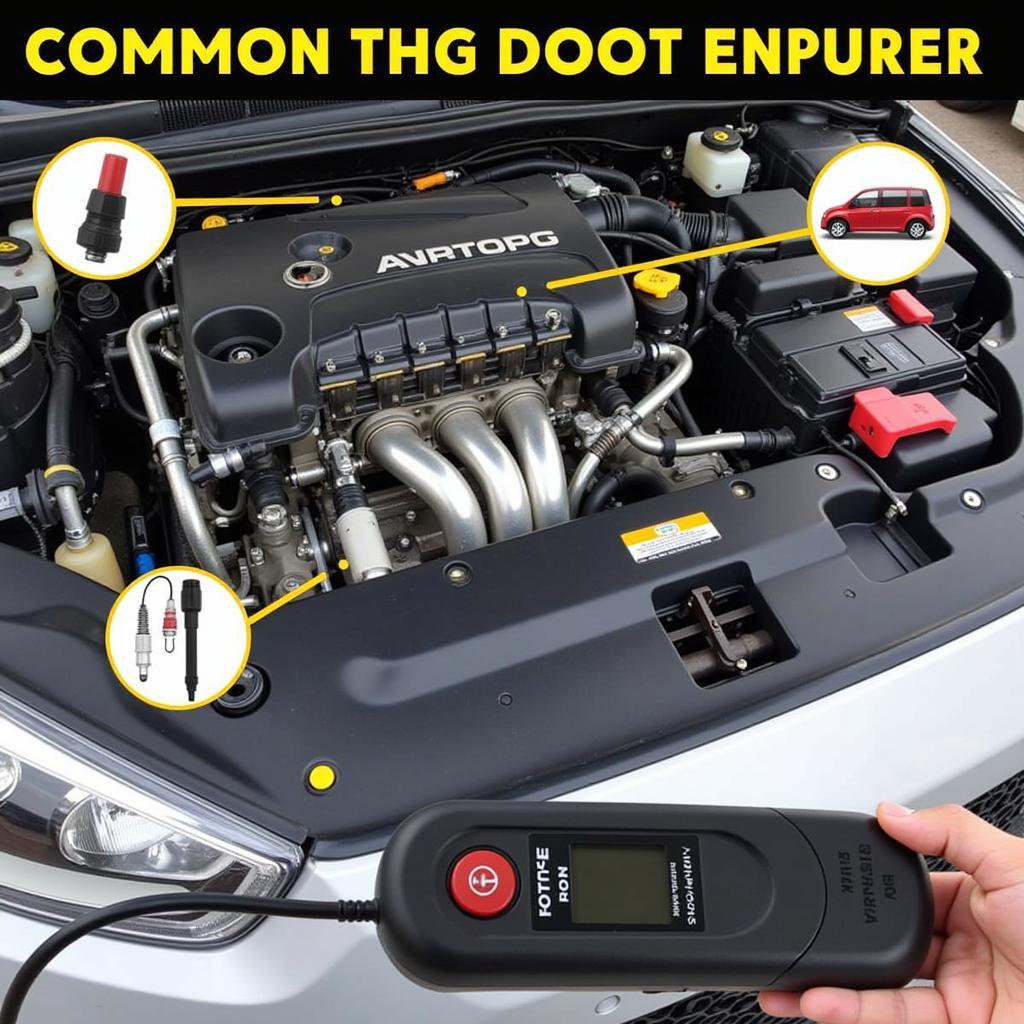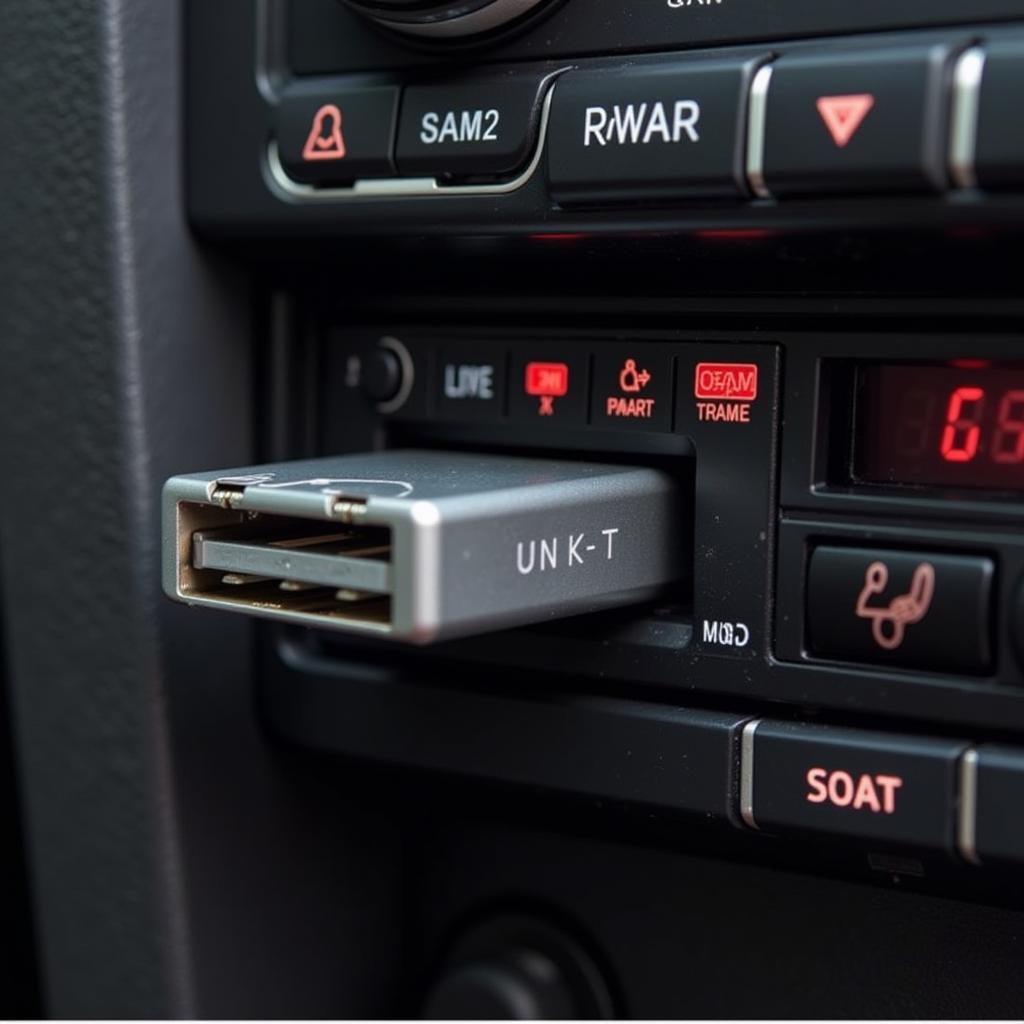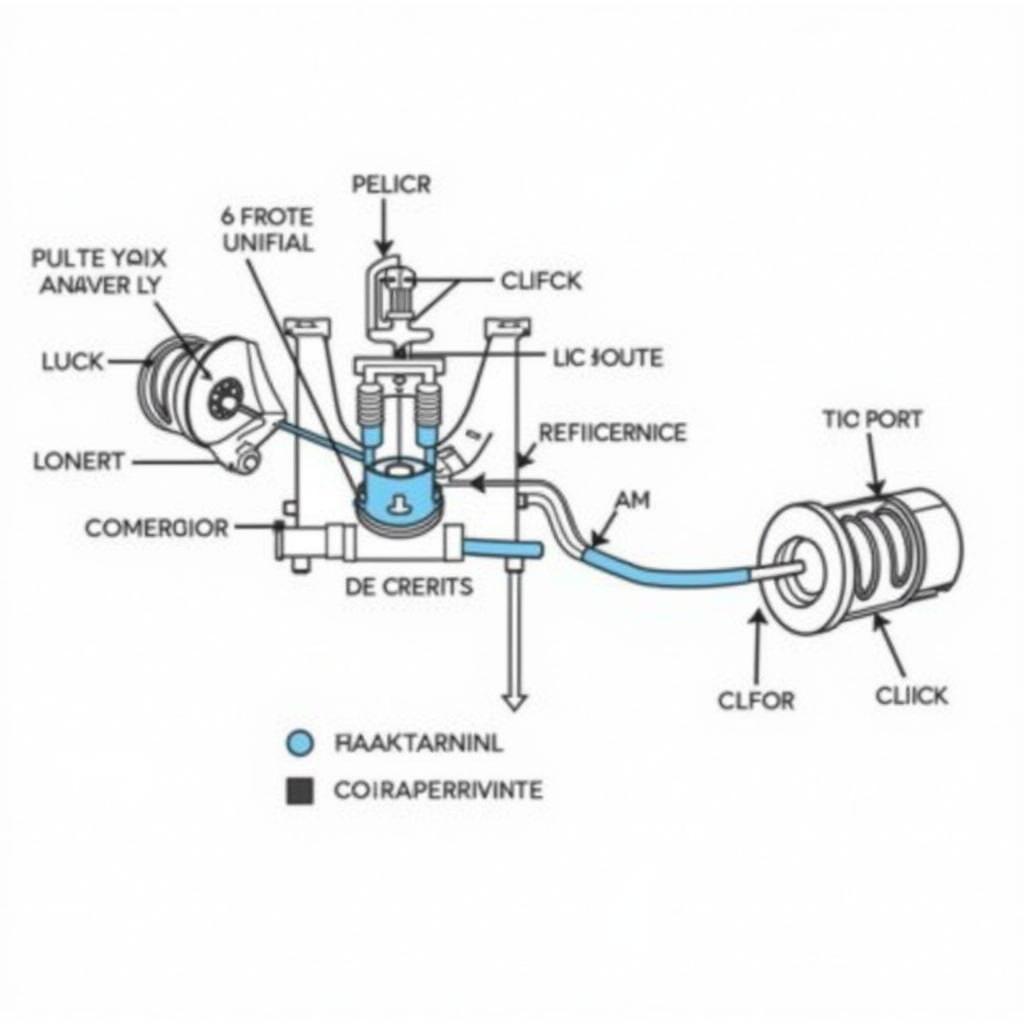Car Maintenance At 80000 Miles is crucial for ensuring your vehicle’s longevity, performance, and safety. Reaching this milestone means your car has seen its fair share of road trips and daily commutes, and it’s time for some serious TLC. This guide provides a comprehensive overview of the essential maintenance tasks to consider at this mileage marker.
Why is 80,000 Miles a Critical Maintenance Point?
As your car approaches the 80,000-mile mark, many components experience significant wear and tear. Ignoring these maintenance needs can lead to costly repairs down the road and potentially compromise your safety. Think of it like a check-up for your car—a proactive approach to prevent major issues.
Key Maintenance Tasks for Car Maintenance at 80000 Miles
Addressing these key areas will ensure your vehicle remains in top condition:
-
Timing Belt Replacement: If your car has a timing belt (check your owner’s manual), 80,000 miles is often the recommended replacement interval. A broken timing belt can cause catastrophic engine damage, so this is a crucial preventative measure.
-
Spark Plug Replacement: Worn spark plugs can reduce fuel efficiency and engine performance. Replacing them at 80,000 miles ensures optimal combustion and a smoother ride.
-
Fluid Changes: This includes engine oil, transmission fluid, brake fluid, coolant, and power steering fluid. Fresh fluids are essential for lubricating moving parts, preventing overheating, and maintaining proper braking performance.
-
Filter Replacements: Don’t forget to replace your air filter, cabin air filter, and fuel filter. Clean filters improve air quality, engine performance, and fuel efficiency.
What fluids should be changed at 80,000 miles?
At 80,000 miles, consider changing your engine oil, transmission fluid, brake fluid, coolant, and power steering fluid.
How can I tell if my spark plugs need replacing?
Signs of worn spark plugs include rough idling, reduced fuel efficiency, and difficulty starting the engine.
Inspecting Key Components
Beyond the standard maintenance tasks, a thorough inspection is crucial at 80,000 miles.
-
Brakes: Check brake pads and rotors for wear. If they are thin or damaged, replacement is necessary.
-
Suspension: Inspect shocks and struts for leaks or damage. Worn suspension components can affect handling and ride comfort.
-
Tires: Check tire tread depth and pressure. Rotate tires and replace them if necessary.
-
Exhaust System: Inspect for leaks or damage. A faulty exhaust system can reduce fuel efficiency and increase emissions.
How often should I rotate my tires?
It’s generally recommended to rotate your tires every 5,000 to 7,500 miles.
What are the signs of a faulty exhaust system?
Signs of a faulty exhaust system include unusual noises, reduced fuel efficiency, and a noticeable smell of exhaust fumes.
Car Maintenance at 80000 Miles: Expert Advice
“Regular maintenance is like an investment in your car’s future,” says John Smith, a certified automotive technician with over 20 years of experience. “Addressing potential issues at 80,000 miles can save you significant money on repairs down the road.”
Maintaining Your Car’s Value
Regular car maintenance at 80000 miles not only ensures your vehicle’s reliability but also helps maintain its resale value. A well-maintained car is always more attractive to potential buyers.
Conclusion
Car maintenance at 80000 miles is a critical step in prolonging the life of your vehicle and ensuring safe and reliable operation. By following these guidelines and addressing any potential problems proactively, you can enjoy many more miles of trouble-free driving. For personalized assistance and expert advice, connect with AutoTipPro at +1 (641) 206-8880 or visit our office at 500 N St Mary’s St, San Antonio, TX 78205, United States. We’re here to help you keep your car running smoothly!







Leave a Reply